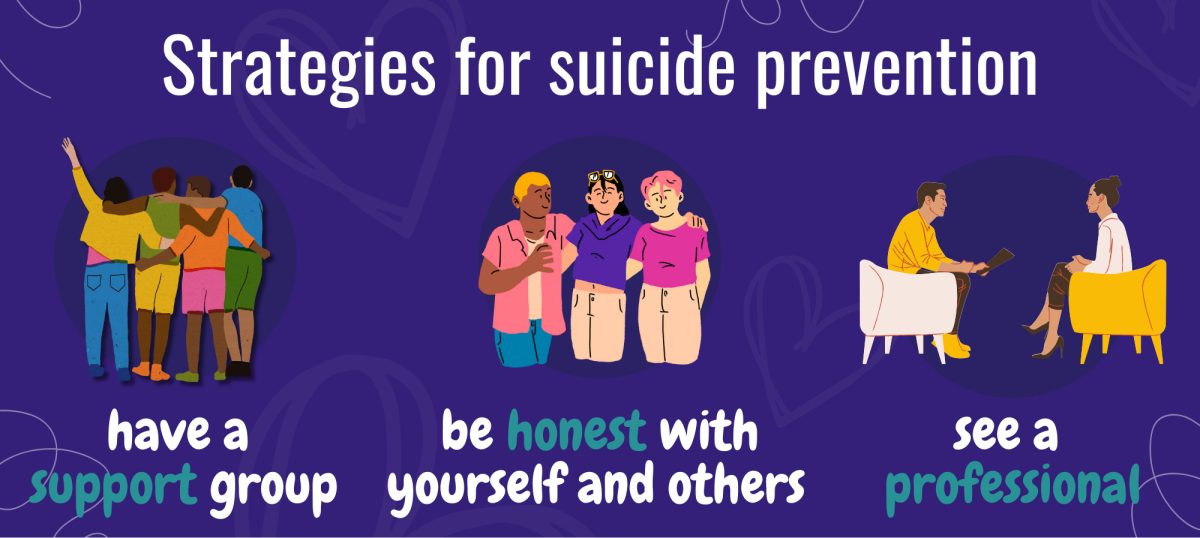It’s one of the leading causes of death in young adults in the U.S., but it’s also one of the hardest to address.
Nationally, suicide is the ninth-largest cause of death, but it’s second among teens and young adults.
Suicide rates among young adults have dramatically risen since the turn of the century according to the CDC, with an average of 12 deaths among Americans ages 18-24 occurring every day.
Kim Storm, a licensed counselor at ULM, said that some of the factors leading to depression and suicide are unique among college students.
“You’ve got social factors, you’ve got academic pressures and those are things that are just going to happen,” Storm said.
These issues contribute to suicidal thoughts and actions among young adults, and they’re more common than you might imagine. The same CDC study found that one in four young adults had seriously considered suicide in the past 30 days.
Storm also said that it’s important to look for the signs of depression in others, to be open to helping others and to be open to receiving help.
Signs could be extreme opposites for different people. For example, some might lose sleep while others sleep excessively as a means to avoid stress.
“You might see that in impulsivity before someone reaches that point of feeling suicidal and then on the opposite end of that they may experience extreme fatigue,” Storm said.
Other signs might hide in plain sight. If someone says they want to harm themselves — even jokingly — it should be an instant sign that something could be wrong.
Drastic changes in a person’s life often precede these thoughts. Breakups, academic struggles and other new sources of stress can lead to feelings of depression and thoughts of suicide. But for some, the move to college and potential isolation is a major factor.
Turning to professional help can aid students. According to Storm, counseling offers students with stress management and coping with losses.
Students who’d like to receive confidential counseling can visit the Self Development, Counseling and Special Accommodation Center to make an appointment; however, students experiencing a crisis will be seen immediately.
Help can come from trusted friends. Having open conversations with friends and building up a support group can drastically reduce suicidal thoughts.
Lastly, Storm said overcoming the stigma around seeking mental health is important to saving lives.
“There’s nothing to be ashamed of for seeking help,” she said. “We all have struggles, we all have had adverse life experiences, we have all have experienced some type of trauma and we have all experienced a deep-rooted sadness. It’s nothing that separates us or makes us different.”






